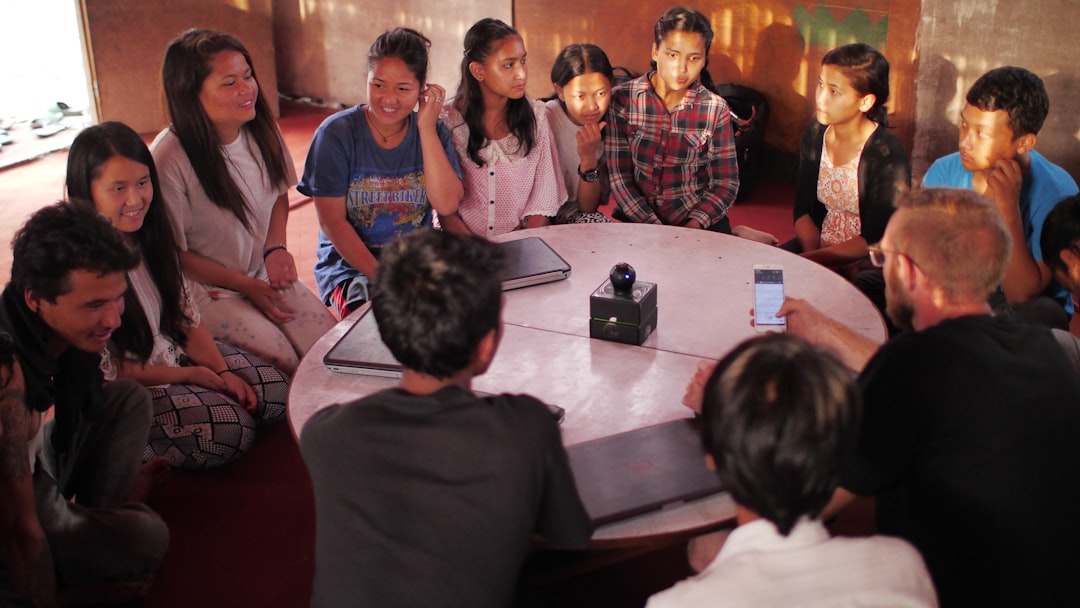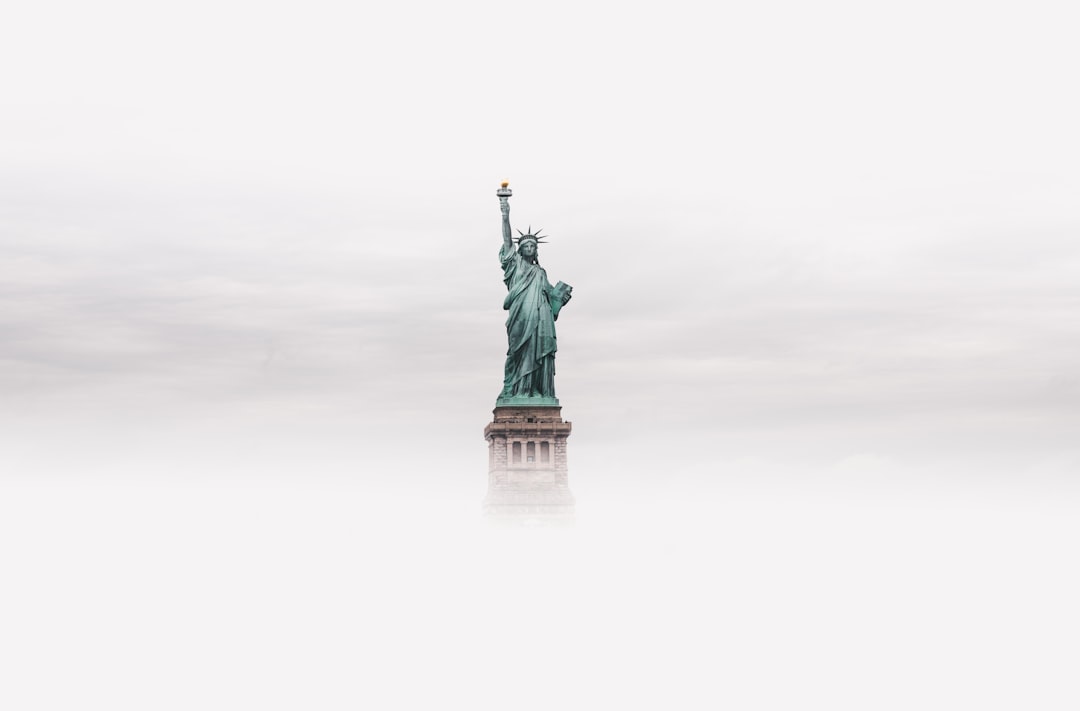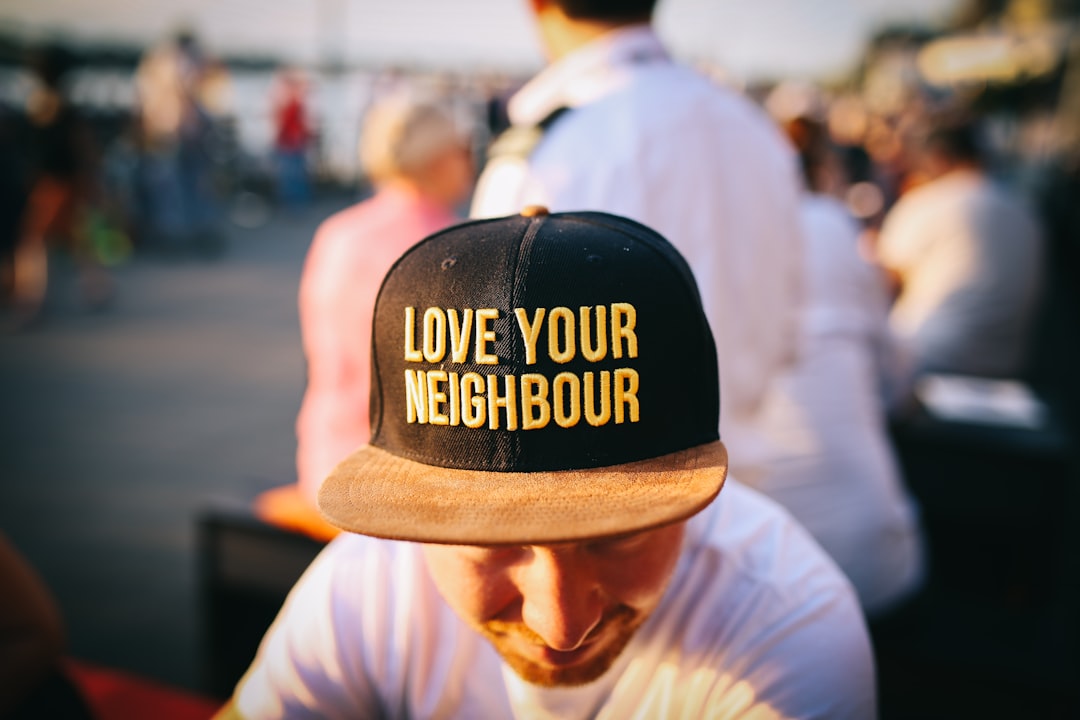Practicing Dirty Democracy
How we can make our communities more directly democratic

This past week I went to meetings with two neighborhood groups that try to practice a pretty direct democratic approach to running things. Neither is very hierarchical, and positions or roles like facilitator or chairperson or note taker rotate in both settings. At the first, there was a 20 minute discussion about a slight change in the script we use for our meetings, and it got a little bit tense. I’ve been to quite a few meeting of this group, and when these moments of slightly more heated back-and-forth come up I often find myself feeling some anxiety, or having a visceral response of tension. But, at the end of this particular meeting, the thought came to me that this is exactly what we’re supposed to be doing. We’re supposed to be comfortable, or supposed to be getting more comfortable, going back-and-forth with each other over things we’re passionate about, or about our potential approaches to a problem, or discussing an internal aspect of the way we run and organize these groups that we care a lot about.
A couple days later I was facilitating a meeting for another small organization I’m a part of, and it was my first time facilitating because this group also rotates often. The meeting had moments of tension, just like the one a few days before, and as the facilitator I occasionally stepped in to trying smooth things over or to sometimes move things along, and looking back I would say I could’ve done a better job. It felt messy and awkward and there were moments where people seemed to be upset with one another about one of the projects we’re collectively involved in that they care a lot about. And this is a group I’m very heavily invested in, that I care a lot about, so as I was closing the meeting I tried to offer one or two things that I thought would help our future meetings go smoother and our work go better, and then, out of the blue, as I concluded the meeting I added one sentence about how I love this dirty direct democracy we have going on here. Now to be clear, I still had that visceral lingering feelings or tension after the meeting, and I had one or two conversations with fellow group members afterwards that weren’t entirely pleasant about things I could work on and things the group can work on, and there’s still more to be worked through, but more and more I’m growing to think that we need these uncomfortable, sometimes annoying dirty practices of democracy in our lives much more. And more and more I’m starting to mean what I said about loving the process of trying out this uncomfortable, direct democracy in these organizations filled with people I trust and respect and care about.
I’ve probably written once before to you about the impact that DeTocqueville’s Democracy in America had on me when I first read it, or at least how clearly I remember learning that the towns of New England used to have these immensely democratic processes, and a norm of democratic participation. I’ve since learned about the many flaws of that time and place, and I’ve also learned about dozens of other cases where people and communities go about engaging real direct democracy, but I think that moment stuck with me because of how sharply it contrasted with my understanding of what democracy meant at the time.
For me, and maybe for most of us growing up, democracy meant elections every two or four years to choose people who would then go ideally “do the will of the people.” Of course there’s the simple fact that they by and large do the work of the wealthiest .01% rather than the will of the people, but what I want to talk about here is something I think of as a little more fundamental, something a little more on the ground floor. What I want to talk about is the fact that so many of us have never even had the exposure to, or the chance to learn about, what real democracy even is, and how practicing the gritty, not streamlined, not necessarily sexy direct democracy with our neighbors and our coworkers is vital for a decent future.
I’m leading with the dirty and unsexy part because I think a lot of us have been conditioned to mistake a smooth, official operation with the proper method and mechanisms of governance. We’ve been taught implicitly to mistake a simple voting procedure on a biennial basis with legitimacy. And I’m not blaming you or me for that, in fact I believe that the way society has trended towards more work and more consumption and more distraction has gradually edged out the institutions and organizations and social norms that for generations allowed people to regularly practice and engage with direct democracy, or at least do so far more than most of us do today. I don’t exactly believe that the steady and now near-total decline of these groups was intentionally orchestrated to funnel us out of community organizations or civic groups and into viewing our democratic process as solely constituted by elections, but I do believe that this has been one of the effects of the process, and that we need to reverse this trend expeditiously.
In the early 1900s there were a tremendous number of civic organizations where people came together to support those in their city or community who were in need. And, granted, these organizations most likely ran in a way that was not radical per se, and didn’t practice a hyper direct democracy, but they did allow people to be versed in and much closer to a version of vibrant democratic engagement that they could see and feel and participate in on a regular basis. Similarly, the ‘30s and the ‘70s saw radical labor organizing surges across the country, and in the intervening years union membership was consistently high and simply a normal facet of life for so many people. And in their unions, particularly the radical ones, millions of people found a way to engage not only in organizing with fellow workers, but in a democratic organization that could potentially mirror the world we we hope to build.

With the conservative backlash to the counterculture and civil rights and worker power and black liberation movements of the ‘60s and ‘70s the union movement calcified then shrank, and by that point many of the community organizations and institutions that had once been so widespread were largely disappearing or already gone from the landscape. And although people resisted the conservative and subsequent neoliberal waves that atomized a lot of us into little suburban lifestyles where the nuclear family became the end-all-be-all, and fractured and tore apart a lot of urban communities while many rural communities were abandoned by corporations and governments and have slumped into decades of decay, the various forms of resistance have by and large been overwhelmed by the tidal wave of capitalist onslaught and neglect. These various forms of attack on the strength and power of people acting together, living together, and building power together have taken many forms, from creating a culture where people prioritize their individual wealth over the health of their neighborhood, to the gig economy, to gentrification, to rampant policing and so on and so forth.
So now our work as people on the left is manifold. This idea of direct democracy, or dirty direct democracy if you’re drawn to that articulation of it, as I am, is just one part of our project. For me, it must go hand-in-hand with the act of rebuilding community and building new community. When I first launched this newsletter I wrote a little welcome note where I talked a lot about the difficulty of finding community in the pandemic, and both the possibilities and limitations that the online space offers us. I certainly don’t have any delusions that this newsletter can create community in itself, nor do I think it should. I have tremendous respect for people who have shown the ability to create powerful and caring online communities and I know that for the immunocompromised and so many others those communities have taken a powerful place in their lives. But, as I hope is somewhat clear in this context, both the destruction of physical communities and their revitalization or creation is an immensely political act in this world. I believe the power structure is heavily invested in keeping us separate from one another and preventing the establishment of robust communities for political and economic reasons that amount to keeping the working class weakened and disheartened. On an excellent podcast called Upstream I recently listened to an episode revolving around the tech industry’s growing emphasis on finding spiritual fulfillment at work. These CEOs hire spiritual gurus to help software engineers and others believe on very deep level that their true purpose and calling in life can be fulfilled by their workplace and their job. This is a saddening and frankly terrifying revelation to me in that it often works, and it simultaneously reinforces the need for us to build community where we live, and organize with one another so that we find the deep fulfillment we seek in struggle and with each other rather than through a scam that amounts to making more money for the boss.
Introducing the spiritual element might feel like a strange move in this particular piece, but what it comes down to for me is something that a friend said several years ago when we were talking about spirituality. He very simply said that his definition of the word spirituality is connection. And regardless of your approach to religion or spirituality or anything like that I think we can almost universally agree that humans hope for connection with one another, and with the greater world and universe around us. In a strong and loving community we get that connection, and we can get much of that fulfillment, in addition to getting our material needs met so that we can survive. And so in a world where the economic and political pressures and currents run against the creation and sustaining and thriving of all sorts of communities, outside of a handful of wealthy enclaves, the work of the left must largely be the intentional protection and creation of real interdependent community.

We can’t accomplish that without being political. As often comes up in discussion of mutual aid it’s a beautiful thing to help one another survive, whether that means helping each other find housing or get fed or clothed or meeting whatever fundamental needs our neighbors have, but if our time and effort and work of helping one another to survive is not paired with a sharp political edge then we’ll be doing mutual aid and fighting for our communities against the onslaught of forces that seek to destroy them and commodify life itself in a losing battle that slowly and steadily grows harder. So we need community, yes, but we especially need radical community, community where we’re both aware of the struggle we’re up against and aware of what we can collectively do about it. We must be aware of the nature of capitalism, the nature of white supremacy the nature of policing, the many forms and manifestations of these oppressive forces, and simultaneously be learning and building the systems and strategies that we can implement to combat these forces and create a new sort of society.
And we must do it together. We must be practicing freedom together as we work towards it. Both so that we’re truly building the world we want to see, and because a free and vibrant life requires a set of skills and practices that very, very few of us were taught in school or in life, from what I’ve seen. So we come back to direct democracy. We come back to the fact that we need to accept and engage in a messy process with one another, first at a small stage in a community organization or group, but then hopefully on a bigger and bigger level. The Mondragon Corporation, for example, is a massive network of worker owned cooperatives in the Basque region of Spain that employs over 80,000 people. They practice worker democracy on a scale and in a way that can be hard to imagine in the United States. But they didn’t start with tens of thousands of worker-owners. They started with a dozen people, seventy years ago. And today in the U.S. people are starting, and many have been working for years and decades, to build true democracy from the ground up in creative and often difficult ways. Cooperation Jackson, for example, preaches the virtue of community assemblies and worker co-ops, and practices what they preach in Jackson, Mississippi. It’s not easy work, especially right now, but folks are getting into the dirty work of organizing with their neighbors, and hashing out the problems we face in a way that doesn’t expect anyone else to come in and take care of it but rather insists that we can tackle these issues ourselves, as communities. Working people can fight to preserve their communities and form new ones where necessary, and do so in ways where we democratically share power and responsibility for our own futures. There’s lot more to say on this, and I’ll probably be peppering you with more ideas and examples in the coming weeks, but for now I just hope that you get to practice some dirty and direct democracy with people in your neighborhood, or town, or city, or workplace, or wherever you find yourself gathering with people and working for change. It’ll be uncomfortable, and there will be conflict, but right on the other side of the tension and difficulty lie stronger relationships, tested by turmoil, and stronger communities that have the skills and practices to do real self-governance and self-sustaining work. On the other side is a culture and a world freer from oppression and domination because we’re each armed with the knowledge and ability to be active agents in the struggle for a better world.
Some links!
Cooperation Jackson: https://cooperationjackson.org/
Mondragon Cooperative: https://www.mondragon-corporation.com/en/about-us/
Upstream Podcast: https://www.upstreampodcast.org/

